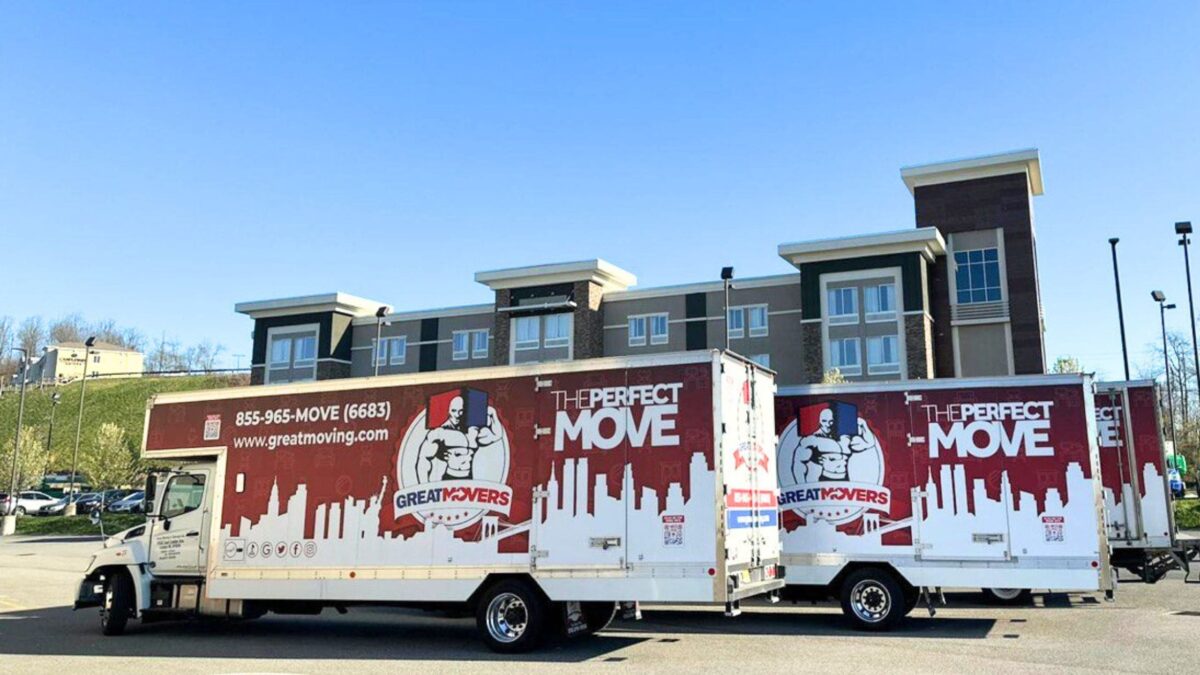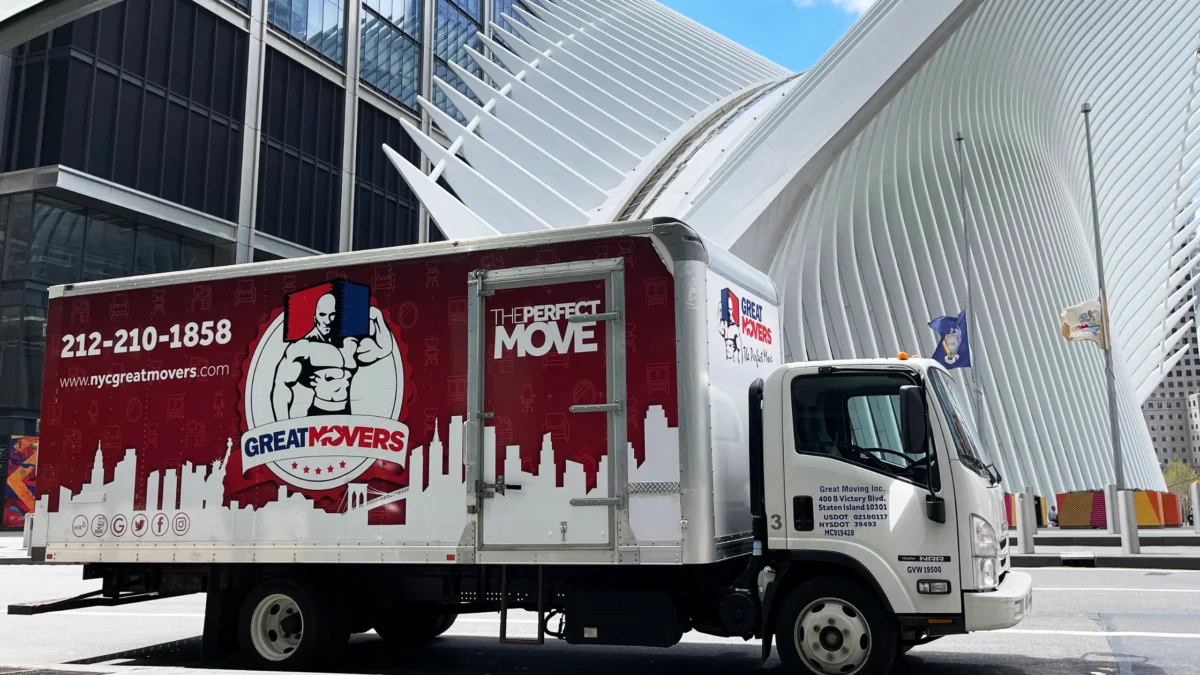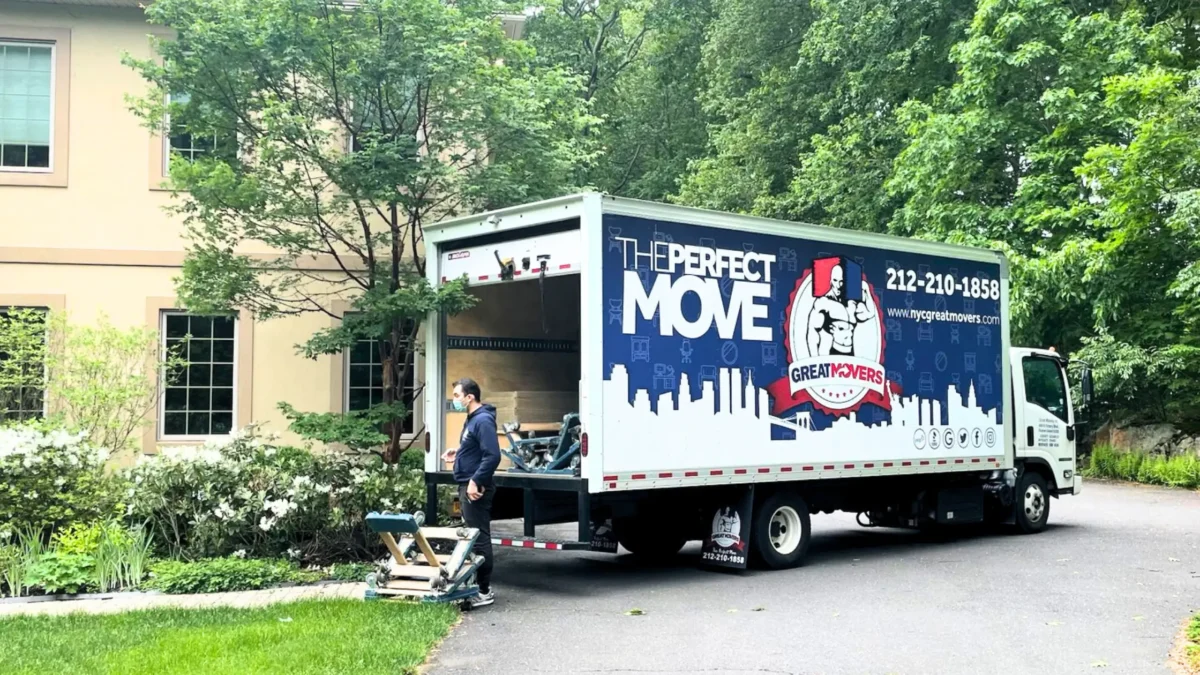If there’s one moving task that everyone hates, it’s packing. It is, of course, the most important and primary part of the moving process. Depending on a number of factors, it can affect how smoothly your relocation goes. A big decision you’ll need to consider, especially if you hire NJ movers, is whether you want to pack yourself or pay for the extra packing services to have a pro handle it for you. Below are some pros and cons of both options to help you decide which one works best for your needs and budget.
Different Packing Services
One of the reasons a lot of people forego the professional packing route is because of the costs. While it is certainly more expensive than going the DIY route, hiring professional NJ packers isn’t something only the rich can afford. In fact, many NJ moving companies offer two different packing service options: partial and full.
If you don’t have a huge moving budget, but still want a bit of help with packing, then partial packing might be your best bet. You can direct the movers to a specific room or area that you want them to pack while you do the rest. Since they will be packing it for you, consider using this service for packing fragile items to make sure they get to your new home in one piece. And the best part is that if the movers pack it themselves, they are liable for any damage to those fragile items. Also, many companies will also offer unpacking services if you have already hired them to pack your things. This can make settling in a lot easier.
On the other hand, if you don’t have the time and money is no issue, then full packing might be your best bet. In this case, the movers will do everything for you, including bringing their own packing supplies. All you need to do is be present and provide feedback if the moving crew has any questions.
Pros of Hiring Professional Packers
When you hire a professional moving company, adding on the packing service might seem like a great idea. After all, you are already spending money on a move, what’s another couple of hundred, depending on if you go with full or partial packing. Plus, entrusting professionals to handle the process means less stress and more free time for you. Besides that, some other benefits include:
- Expertise – trained professionals use proper packing techniques, which will reduce the chances of your belongings getting damaged during the move. They also provide all of the packing materials so you don’t have to worry about it.
- Efficiency – the professionals pack things on a daily basis so they know exactly where to place items and fit as much as possible in a box without overstuffing it.
- Time savings – Packing is the most time-consuming task on the moving checklist. If you don’t have the time or perhaps have limited mobility, then adding a packing service to your move will allow you to focus your energy on other parts of the move, such as planning, paperwork, and more.
- Insurance – all NJ moving companies carry insurance and offer liability should anything get lost or damaged during the move. You are automatically covered for $0.60 per pound per item, but you can always purchase a full protection valuation if you have items that are worth more than that amount.
Cons of Hiring Professional Packers
Of course, it’s not all sunshine and rainbows when it comes to hiring professional packers. While it might save you time, it could potentially lead to more stress if you don’t know what to expect. When it comes to some concerns regarding having others do it, there are a few ,including:
- Cost – whether you go for the full or partial service, it will add on more money to your moving budget. Before jumping on the service consider if you can really afford it or if the money could be better spent elsewhere.
- Control – While you can direct the packers somewhat on moving day, you won’t be the one hand-packing every item. That means some items might be packed together that you personally wouldn’t have put together. This could make unpacking a bit more challenging.
- Less flexibility – Sure, it might be faster than DIY, but the packers will only be available during their schedule and not yours. That might mean spending more time on moving day in your old home.
Benefits of DIY Packing
If you want to save money and have the time to spare, then your best bet might be to go the DIY route. Not only does packing yourself seem like a logical choice since you can also sort out your belongings at the same time, but you also don’t have to deal with strangers rifling through your stuff. Besides that, doing your own packing comes with other benefits such as:
- Lower moving costs – self-packing is by far the cheapest option since the only thing you need to buy are boxes and other moving supplies. In many cases, you may even be able to find these for cheap and/or free.
- Flexibility – you can choose when you pack at your own pace based on your schedule. It also allows you to really figure out what you want to keep and what you don’t. You can start packing as early as you want! On top of that, you don’t have to pack everything into boxes. You can put some things into bags, hampers, and so on.
- Control – you get to pack your things exactly how you want. That means you can organize each box in a way that makes sense to you once you start unpacking.
Disadvantages of DIY Packing
Going the DIY route might seem like the best route, but it comes with its downsides. Chances are, you’re familiar with all of them if you have packed yourself. These drawbacks include:
- Lost time – no matter how you slice it, packing is time-consuming. Packing an entire three-bedroom house can take weeks when packing properly.
- Greater chance of damaged belongings – While you will be careful when packing your stuff, you don’t have the experience or training that professional packers have. You may not know the optimal way to pack a box while reducing potential risks.
- No liability – if something gets damaged in a box you packed, it won’t be covered by the full or partial valuation coverage. It needs to be packed by the movers themselves.
DIY or Hire the Pros?
Ultimately, you’ll need to weigh the pros and cons of both to decide what fits with your schedule, budget, and needs. Not everyone will need to hire professional packers for their move, and so if you have the time and want complete control over your packing, then a DIY move might be better suited for you. However, for a more stress-free experience, let the professionals like NJ Great Movers do it for you.
FAQ
What happens if my things are broken, but I packed the box myself?
If you can prove that the movers mishandled the box during transit, you might still be able to submit a claim for reimbursement.
How much can I direct the movers when they pack my things?
In general, the movers will work undirected and generally pack like things together. You can always give some direction, but only for a few things, not for every item in your house.
How much does a packing service cost?
It depends on how long it takes. Packing services are charged by the hour so the more stuff you have to pack, the more expensive it will be.



